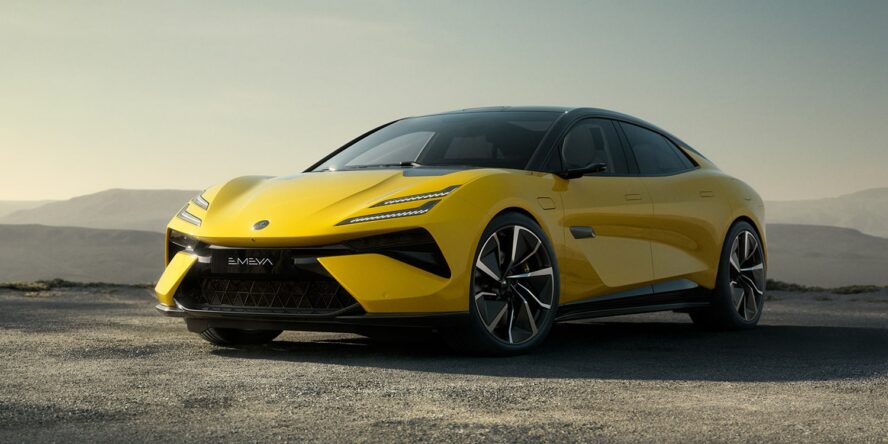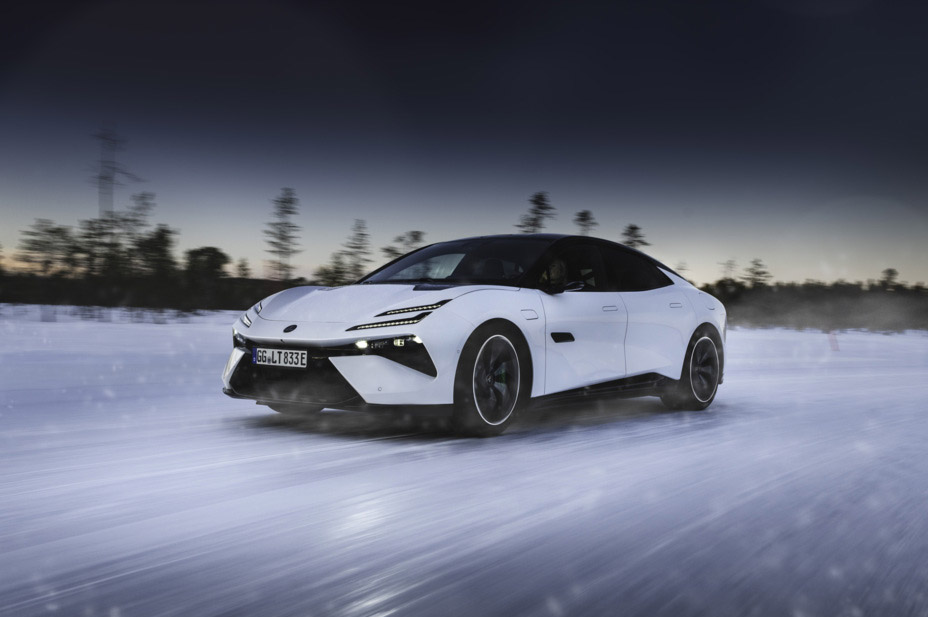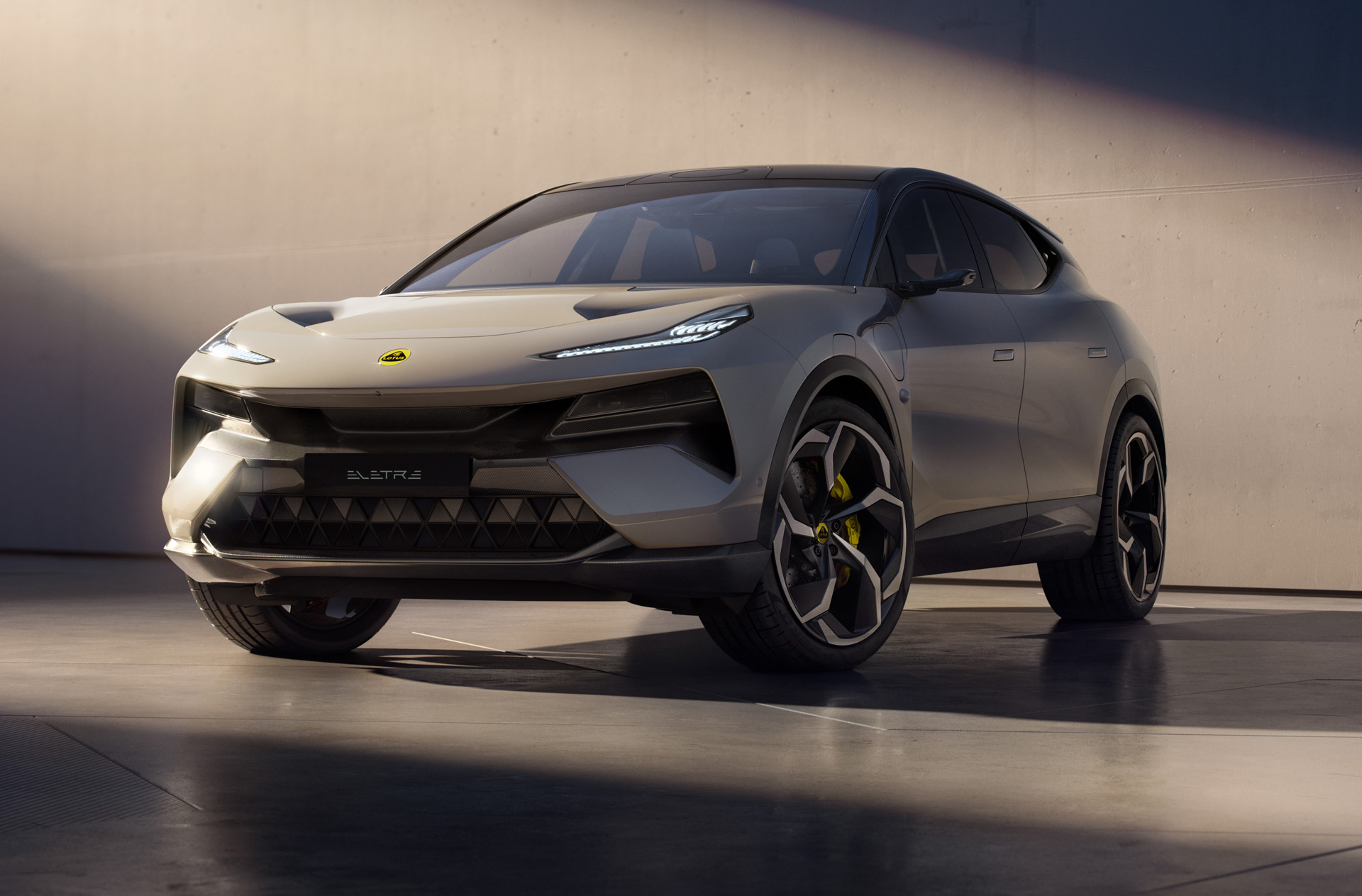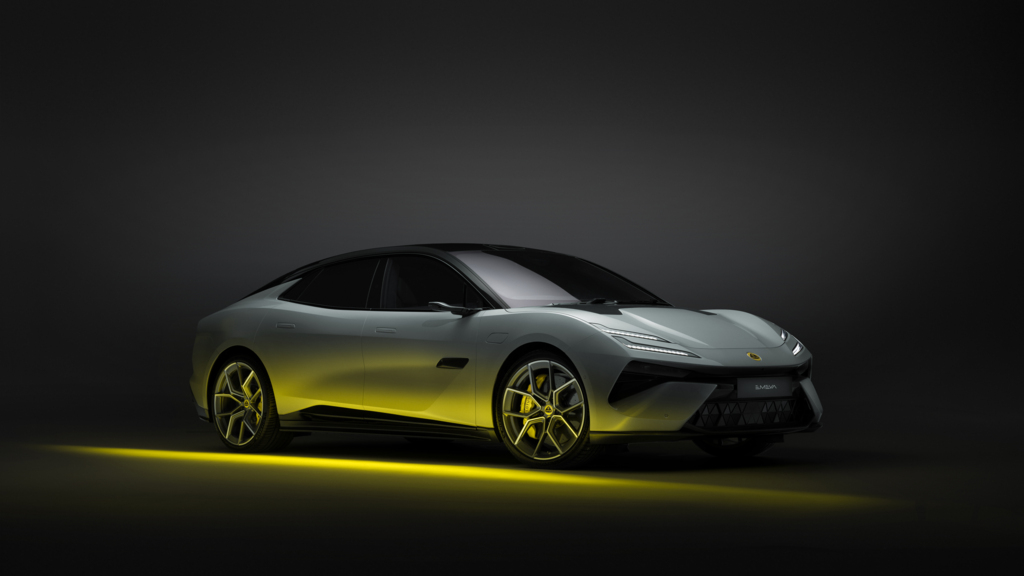British automaker Lotus is poised to list its electric vehicle (EV) arm, valued at $5.4 billion, on Nasdaq by the end of March. The company, under Geely ownership, is set to merge with the “blank check” company L. Catteron Asia Acquisition in the first quarter, as confirmed by Lotus CEO Mike Johnstone.
Johnstone, addressing the earlier delay in Lotus Tech’s listing, stated, “We feel we are in a good place. We delivered the volume of cars that we expected to, and we put in place a really pragmatic plan in terms of growth and gross margin.”
See also: Lotus Technology Secures $870 Million Financing Ahead of LCAA Merger
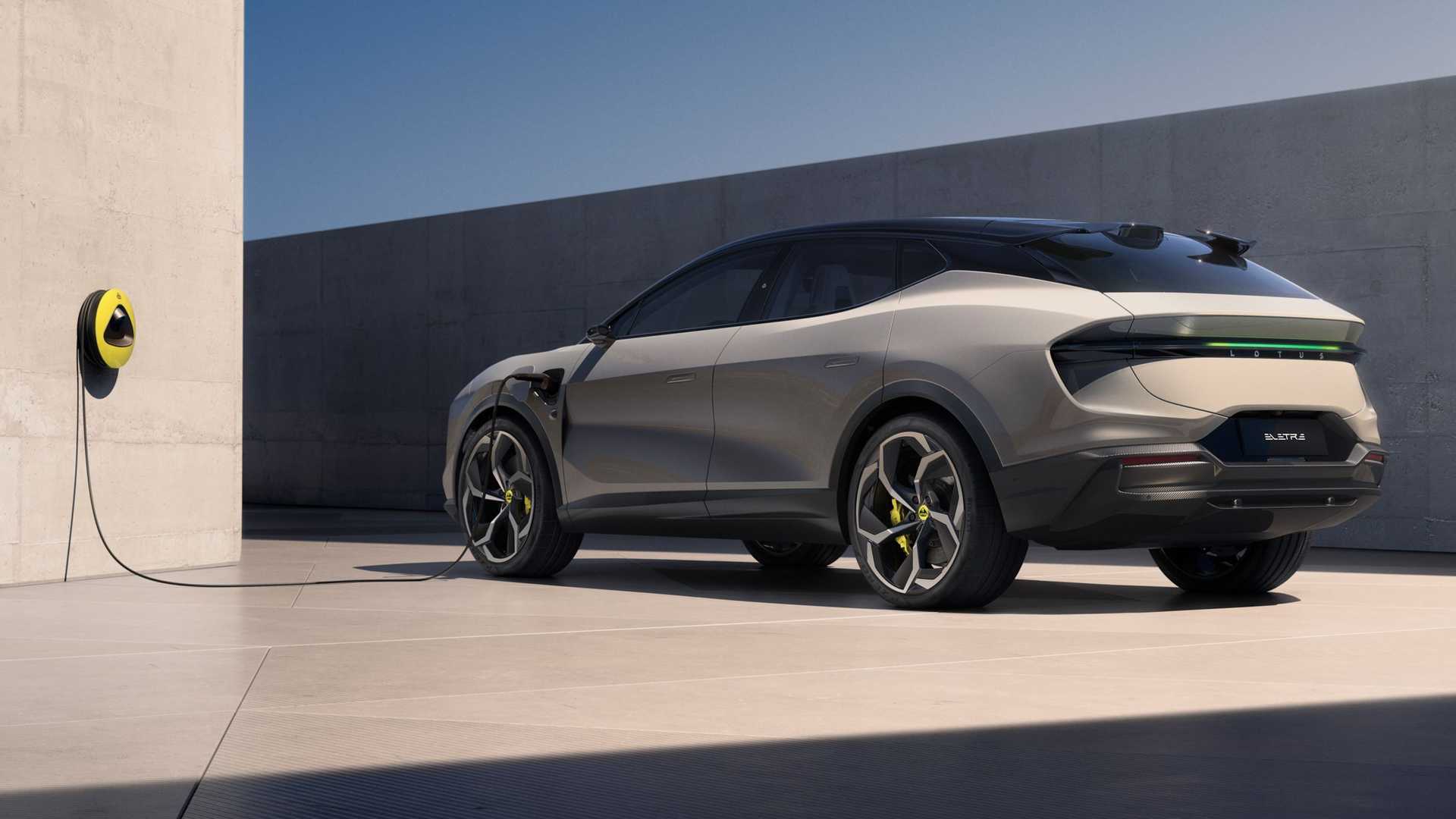
This decision comes amidst recent challenges faced by other EV players, notably Polestar, which saw a cessation of funding from Volvo, and Renault’s cancellation of the planned IPO for its EV spinoff, Ampere. Volkswagen has also pushed back the IPO for its PowerCo. battery unit.
Despite industry uncertainties, Lotus remains optimistic, citing its high-end market positioning as a strength to weather tough EV market conditions. The company aims to achieve an annual volume of 76,000 units by 2025, with sales driven by the Eletre SUV, Emeya sedan, and Emira ICE sports car. Lotus plans a complete shift to electric vehicles by 2028, introducing an electric sports car in 2027 to replace the Emira.
See also: Lotus to Unveil All-Electric Sports Car in 2027, Codenamed Type 135
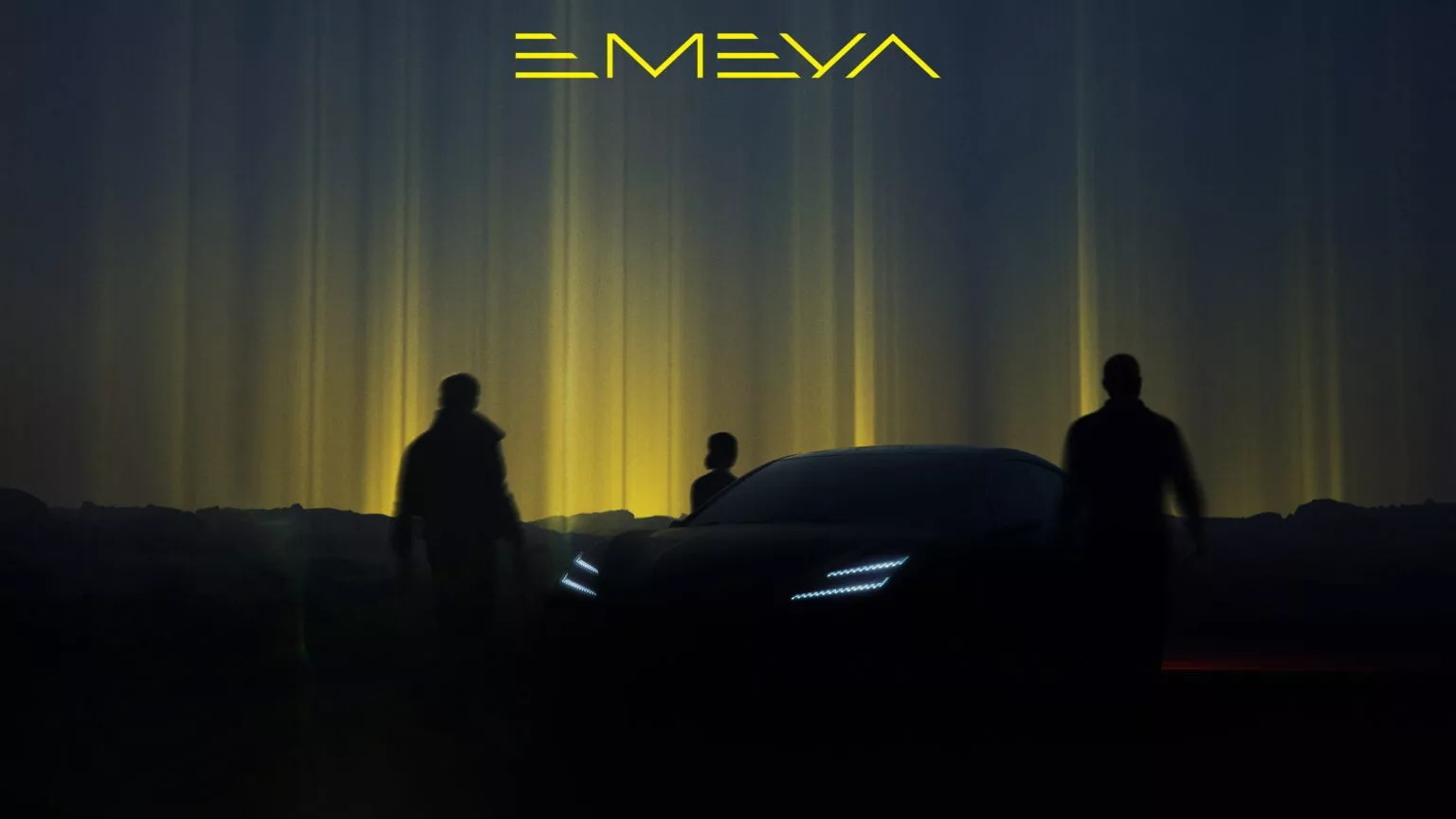
In 2026, Lotus plans to unveil an electric SUV, codenamed Type 134, to compete with the Porsche Macan, targeting 80,000 units in sales by 2027. The Type 134 will be manufactured in Wuhan, China, where Lotus currently produces its SUVs and sedans.
Maintaining an optimistic outlook on the EV industry’s future, Johnstone affirmed, “You will see an increase in EV adoption driven by consumers and driven by regulators.” However, he acknowledged the ongoing debate, with German automakers suggesting a potential delay in Europe’s 2035 ban on internal combustion engine vehicles due to slow EV demand.

